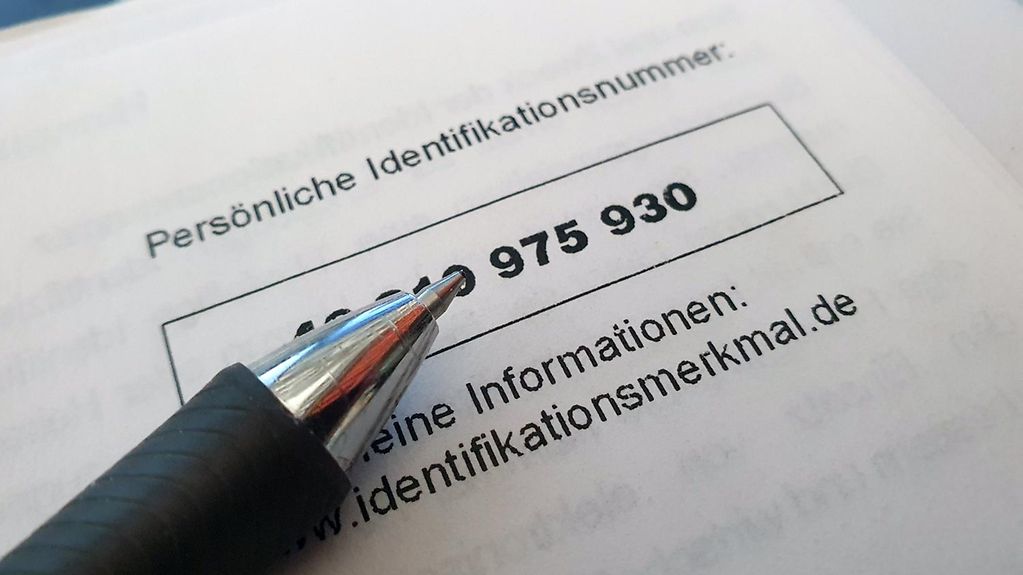FAQs on the Register Modernisation Act (Registermodernisierungsgesetz)
When citizens interact with public authorities they are no longer to be required to provide the same information which is already known to other parts of the administration. The Register Modernisation Act (Registermodernisierungsgesetz) now approved by the Cabinet puts in place the preconditions.
3 min reading time

Administrative services are to be digitalised, and the input required from citizens reduced.
Photo: Bundesregierung/Stutterheim
The Cabinet has adopted draft legislation that would introduce and use one identification number in public authorities, as well as modifying other items of legislation. The Register Modernisation Act (Registermodernisierungsgesetz) is to introduce the tax identification number (TIN) as the overarching identifier for particularly relevant registers or records, including the register of residents (Melderegister), the records of births, marriages, civil partnerships and deaths (Personenstandsregister) and the vehicle registration records (Fahrzeugregister). This is an important step in implementing the Online Access Act (Onlinezugangsgesetz). The German government is thus laying important foundations for public authorities to operate modern registers.
Why is a new act needed to modernise registers?
The main precondition for the user-friendly digitalisation of administrative services in Germany is that data and evidence can be transmitted electronically. Ideally, this should happen once only and not repeatedly. For this, it must be ensured that individuals cannot be confused with one another and that citizens can be accurately identified when services are delivered under the provisions of the Online Access Act. The project aims to provide a practical solution that is also constitutional, complies with data protection and privacy requirements, and can nevertheless be realised swiftly.
Why is the tax identification number suitable?
The essential precondition for a solution of this sort is that it builds on existing structures. The tax identification number (TIN) is already stored in a large number of different registers, which means that it is particularly suitable as an identifier. The tax identification number gives nothing away. It is randomly generated. The TIN itself contains no information about the citizen and nothing can be deduced about the citizen on the basis of the TIN. Taking the TIN as an identifier does not mean that other authorities can access tax data.
What are the advantages for citizens?
Authorities will no longer have to ask citizens time and time again for the same information, and will not require them to provide evidence that has already been submitted to another authority, such as evidence of registration as a resident or a birth certificate. Instead it will be possible, with the permission of the affected citizen, simply to request the information from the authority that already has it. This should make it possible to significantly reduce processing time, but this will only work reliably and swiftly if all authorities use one reliable identifier – the identification number.
How can citizens retain an overview of what happens with their data?
A "data cockpit" is to give every citizen the opportunity in future to easily track online which authorities have drawn on which data at which timepoint and for which reason, for instance in conjunction with the application for a particular service. This is a milestone on the road to greater transparency.
The Register Modernisation Act constitutes a major improvement in the provision of administrative services in line with the Online Access Act. European provisions – in particular the "Single Digital Gateway Regulation" – oblige the German authorities to put this so-called once only principle into practice. The draft legislation also provides for changes in the German fiscal code and other technical items of legislation to make possible the processing of the identification number in order to provide administrative services in line with the Online Access Act.